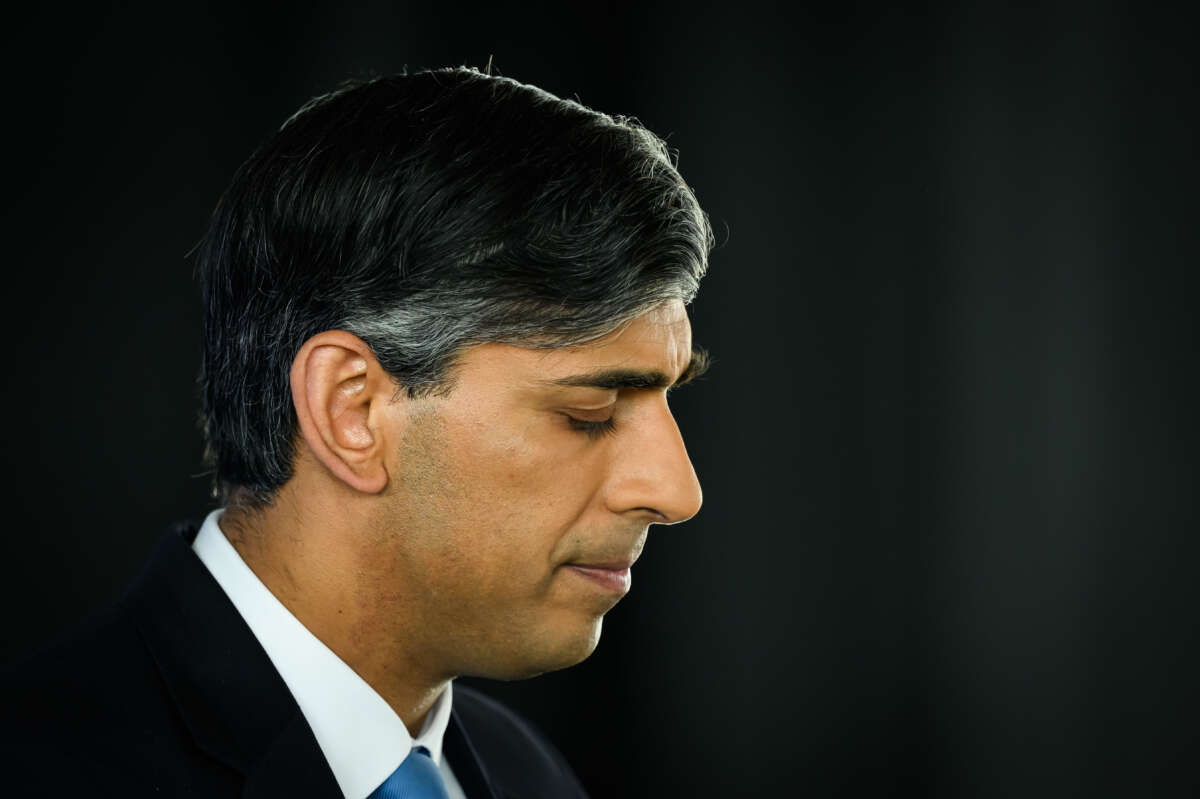Arabian Post Staff -Dubai

British Prime Minister Rishi Sunak is undertaking a delicate balancing act as he navigates the complex post-Brexit landscape, aiming to reset the United Kingdom’s relationship with the European Union while also addressing internal pressures. The evolving strategy reflects the challenges of maintaining sovereignty and regulatory freedom while avoiding economic disruptions that have emerged since the UK formally exited the EU.
Sunak has recently reaffirmed his commitment to the controversial Retained EU Law Bill, which mandates the repeal or reform of all EU-derived laws still in effect in the UK by the end of the year. Despite criticism from some quarters, including members of his Conservative Party, who fear that the accelerated timeline may lead to significant legislative gaps, Sunak remains steadfast. He argues that the bill is essential for fully capitalizing on the UK’s regulatory independence and for driving economic growth.
However, this push to remove EU regulations is being met with opposition. A growing faction within Parliament, including senior Conservative figures like David Davis and Robert Buckland, has expressed concerns over the feasibility of the year-end deadline. They advocate for a more measured approach, suggesting that Parliament should have greater oversight to ensure that critical areas are not neglected in the rush to eliminate EU laws. Sunak’s government, however, insists that sufficient progress is being made, with departments actively scoping out the necessary reforms.
Complicating matters further, Sunak is also managing the UK’s broader relationship with the EU. Trade tensions remain a significant concern, particularly regarding Northern Ireland, where the post-Brexit arrangements have sparked political and economic friction. Sunak has sought to ease these tensions by engaging with EU leaders and seeking areas of consensus. His efforts have included dialogues aimed at refining the Northern Ireland Protocol to address concerns from both unionists and the EU while maintaining the integrity of the UK’s internal market.
These efforts to recalibrate relations with the EU come at a time when the UK is facing economic headwinds, with businesses calling for more clarity and stability in the regulatory environment. Sunak’s approach reflects a broader strategy to reassert the UK’s global position post-Brexit while also responding to domestic pressures for economic revitalization.
As the year progresses, the success of Sunak’s strategy will likely hinge on his ability to balance these competing demands. The outcome will not only shape the future of UK-EU relations but also define Sunak’s legacy as a leader navigating the complex post-Brexit era.



